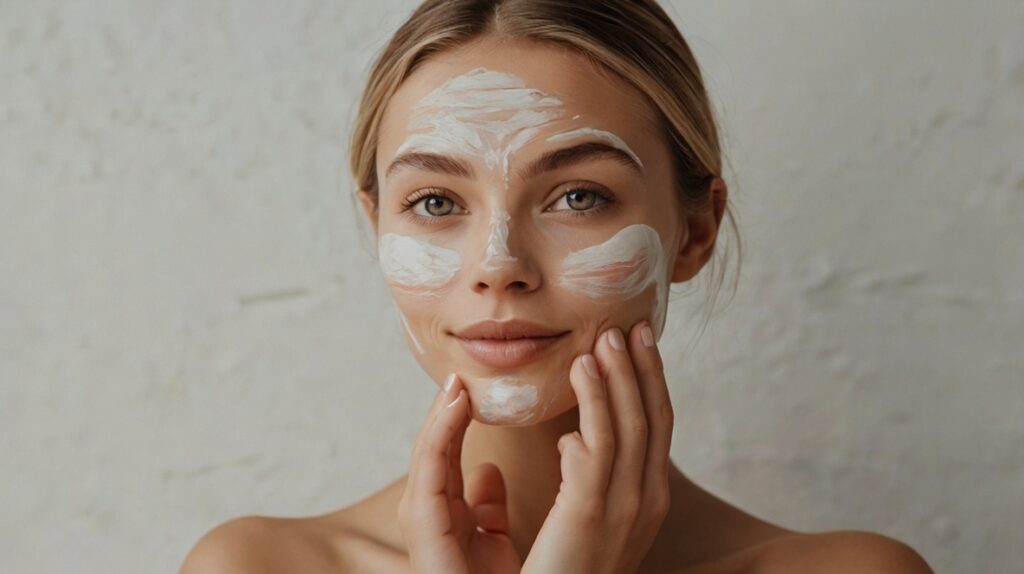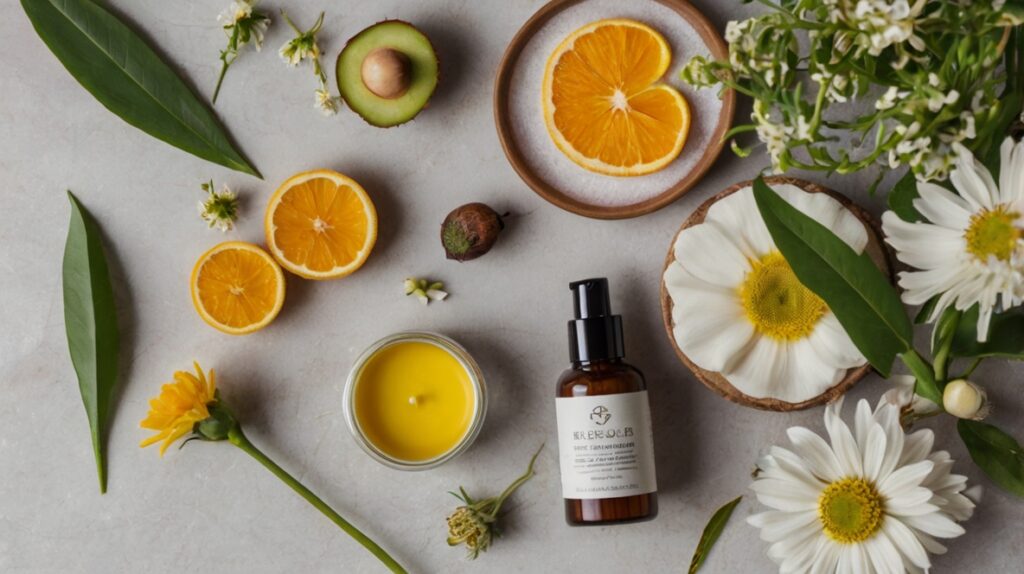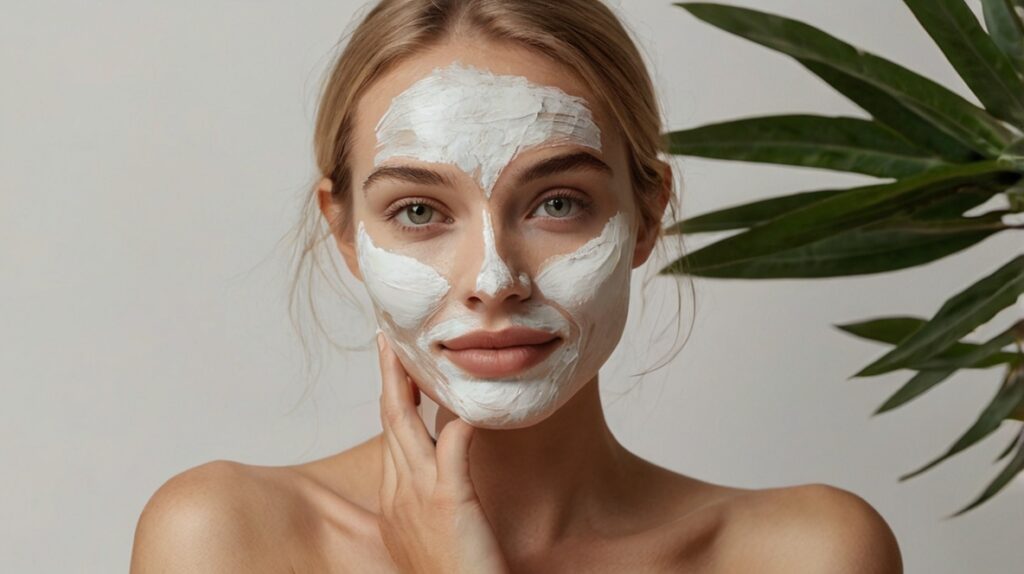Vegan Skincare Products: A Conscious Revolution in Beauty

As consumers, we make dozens of choices daily that reflect our values. One of the most intimate and overlooked decisions is what we apply to our skin. In recent years, vegan skincare has gained substantial momentum, driven by rising ethical awareness, sustainability concerns, and a desire for cleaner beauty routines. Vegan skincare products—free of animal-derived ingredients and not tested on animals—represent more than a passing trend; they signal a cultural shift in how we define personal care.
Key Takeaways
Vegan skincare aligns beauty with ethics, appealing to consumers who prioritize animal welfare and sustainable consumption.
These products leverage botanical ingredients, offering natural alternatives without sacrificing efficacy or luxury.
The future of skincare is increasingly plant-powered, as innovation in vegan formulas meets the growing demand for transparency and environmental responsibility.
The Rise of Vegan Skincare: Ethics Meets Efficacy

As the clean beauty movement expands, vegan skincare stands at the forefront. Unlike conventional skincare, which may include ingredients like collagen (from animal bones), beeswax, or lanolin (from sheep’s wool), vegan products rely on plant-based substitutes such as aloe vera, jojoba oil, and algae. These alternatives not only mimic the functional benefits of animal-derived ingredients but often provide additional vitamins, antioxidants, and soothing properties.
The shift is supported by data. According to Grand View Research (2023), the global vegan cosmetics market is expected to reach $24 billion by 2028, with skincare as its fastest-growing segment. This surge reflects changing consumer values, particularly among Millennials and Gen Z, who are more likely to research ingredients and support brands aligned with their ethical views. The emphasis is no longer just on appearance, but on integrity—beauty without compromise.
At a functional level, vegan skincare performs well. Brands like Youth to the People and Herbivore Botanicals have earned accolades for their clinically effective, plant-based products. Their formulations, packed with superfoods and botanicals, provide hydration, anti-aging support, and acne relief—all without animal testing or by-products.
Challenging the Myths: Debunking Vegan Skincare Doubts

Despite its growing popularity, vegan skincare still faces skepticism. One concern is that plant-based formulations may be less effective than conventional options, particularly in anti-aging or clinical treatments. However, this is often a misconception rooted in outdated information. Modern vegan skincare harnesses advanced plant science, utilizing ingredients like bakuchiol—a natural alternative to retinol—which delivers visible skin renewal without irritation.
Some argue that the term “vegan” alone doesn’t guarantee safety or sustainability. This is valid. A product can be vegan and still contain synthetic preservatives or unsustainable palm oil. That’s why reputable certifications like Vegan Certified, Leaping Bunny, and EcoCert are essential markers for discerning consumers. These ensure that products are not only vegan but responsibly sourced and manufactured.
Additionally, concerns around cost can be a barrier. Vegan skincare often appears more expensive due to higher ingredient quality and ethical sourcing. However, as demand rises and production scales, prices are becoming more competitive. Brands like The Ordinary and e.l.f. Cosmetics demonstrate that accessible vegan skincare is not only possible but thriving.
Practical Adoption and Future Trends
Integrating vegan skincare into daily routines is simpler than ever. Many mainstream retailers now feature dedicated vegan beauty sections, making ethical choices more accessible. Products range from moisturizers and serums to sunscreens and exfoliants—all made with cruelty-free, plant-derived ingredients. For those with allergies or sensitive skin, vegan options often omit common irritants, making them a gentler choice.
Real-world examples of success abound. Consumers report reduced inflammation, improved hydration, and fewer breakouts after switching to vegan formulas. Beauty influencers and dermatologists alike now advocate for plant-based regimens, citing both environmental and dermatological benefits.
Looking ahead, the vegan skincare sector will continue to evolve. Innovations in biotechnology are paving the way for lab-grown alternatives to traditionally animal-based ingredients. For instance, vegan collagen made from genetically engineered yeast is entering the market, promising all the benefits of traditional collagen without animal involvement. Sustainability will also play a larger role, with packaging made from recycled ocean plastics or biodegradable materials becoming standard.
Conclusion
Vegan skincare is more than an ethical preference—it’s a statement of values that resonates across generations. As consumers demand transparency, sustainability, and efficacy, the industry is responding with powerful innovations rooted in compassion. By choosing vegan skincare, we embrace a form of self-care that respects the planet, its animals, and ourselves. In a world where every purchase matters, our beauty routines can become an act of integrity.
https://holisticwellnesswave.com/index.php/2025/05/27/best-seasonal-fruits-veggies-for-immune-health/
FAQs
1. What makes a skincare product vegan?
A vegan skincare product contains no animal-derived ingredients, such as collagen, lanolin, beeswax, or carmine. It’s also typically cruelty-free, meaning it is not tested on animals.
2. Is vegan skincare better for sensitive skin?
Often, yes. Vegan products frequently use fewer synthetic ingredients and harsh chemicals, making them suitable for sensitive or allergy-prone skin. However, always check for allergens and patch test first.
3. Can vegan skincare deliver the same results as conventional products?
Yes. Modern vegan formulations incorporate high-performance plant-based actives that provide hydration, anti-aging benefits, and skin renewal, rivaling traditional skincare products in effectiveness.
Citations
Grand View Research. (2023). Vegan Cosmetics Market Size Report.
EWG Skin Deep Database. (Accessed 2025). Ingredient Safety Assessments.
Byrdie Beauty. (2024). Bakuchiol vs Retinol: What You Need to Know.






